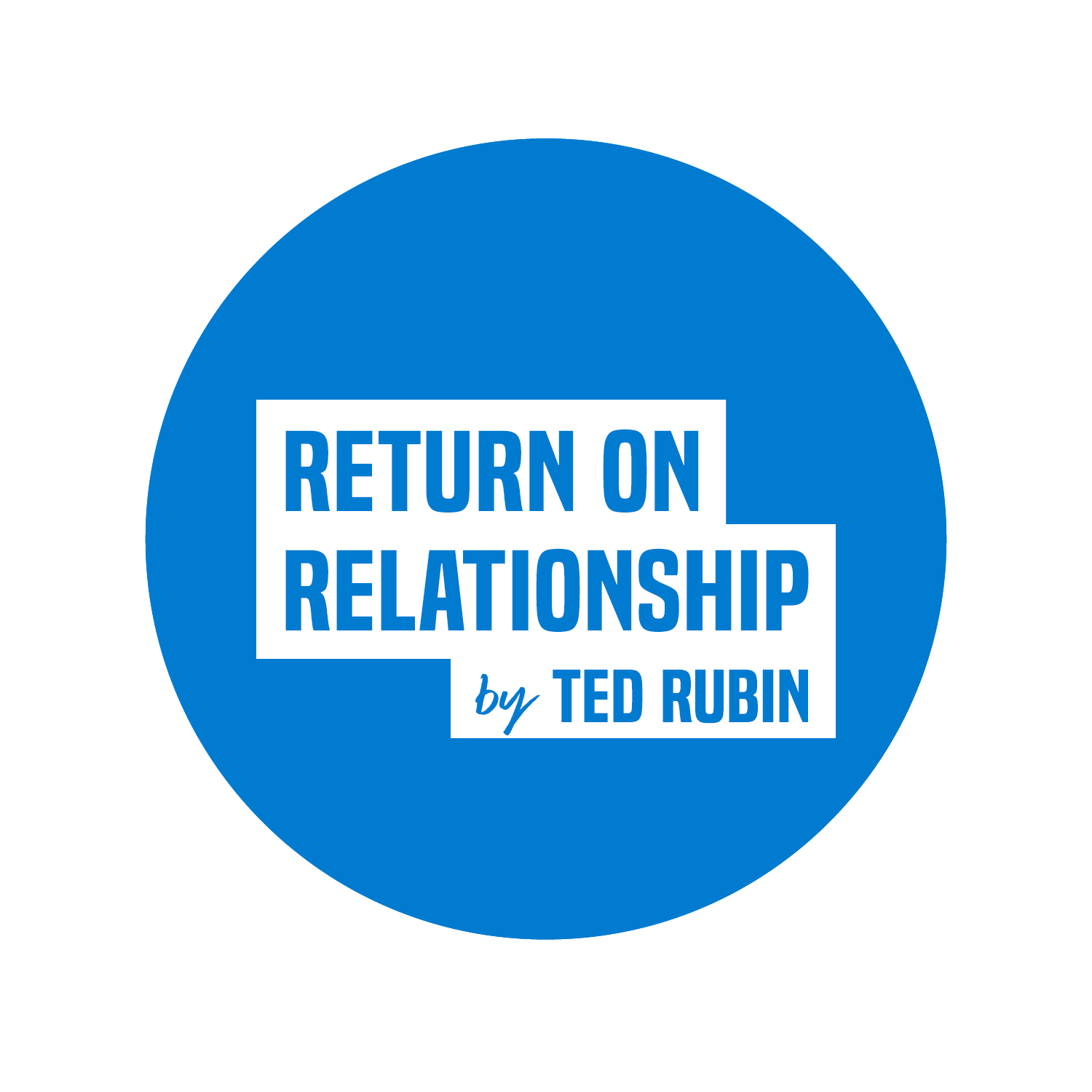Is Being Kind... Selfish? ~via Nicole Yelsey
Ever notice how the kindest acts often leave you feeling just as lifted as the person you helped? That’s not selfish. That’s human. That’s the magic of doing good. And that’s what Nicole Yelsey and Kindworks.AI, an enterprise platform to encourage and enable the intentional practice of kindness, work hard to help companies achieve. /Ted
A friend of mine recently shared something unexpected with me. They had sent a kind message to a colleague who was going through a hard time - nothing elaborate, just a thoughtful note of encouragement and appreciation. But after they hit send, something clicked.
“I realized I didn’t send it just for them,” they said, almost sheepishly. “I did it for me too. I felt... lighter. Better. Happier.”
It was an aha moment. The act of kindness - meant to lift someone else up - had unexpectedly lifted them up as well.
This idea, that being kind to others is actually a gift to yourself, isn’t just poetic - it’s scientific. And yet, it surprises most people. We’ve been raised to think of kindness as selfless. Altruistic. A virtue that asks for nothing in return. But here’s the thing: kindness has a boomerang effect. It doesn’t just benefit the receiver; it loops right back around and hits the giver, often harder.
The Kindness High
You’ve probably experienced it: the warm rush you get after doing something good for someone else. Maybe you held the elevator for a stranger, paid for someone’s coffee, or called a friend just to say you appreciate them. You might walk away from that moment with a smile on your face, a bounce in your step, a little glow that seems disproportionate to the size of the act.
That feeling isn’t random. It’s biological.
Studies have found that performing kind acts activates the brain’s reward systems - the same areas stimulated by food, sex, and drugs. When you do something nice for someone, your brain releases a cocktail of feel-good chemicals: dopamine (pleasure), serotonin (mood stabilizer), and oxytocin (the love hormone). The studies show that participants who share acts of kindness feel significantly happier than those who don't and that people who engage in “prosocial behavior” (helping others) experience better daily emotional well-being.
Kindness literally rewires your brain for happiness.
Why Are We Surprised?
So if the data is so clear, why are we so surprised by it? Why did my friend think their kind message was purely for someone else - until the good feeling hit them like a revelation?
Part of it is how we’re taught to think about kindness. We’re told that doing good should be selfless, that the purest acts are those done without any expectation of reward. And while there’s truth and beauty in that, it sets up a false dichotomy: either you’re doing it for others (and it’s noble), or you’re doing it for yourself (and it’s selfish).
But life is rarely that binary.
The truth is, kindness can be both. You can genuinely want to help someone AND feel amazing while doing it.
The two are not mutually exclusive - they’re beautifully intertwined. And recognizing that isn’t selfish. It’s smart. It means you’ve unlocked a deeply human life hack: doing good for others is one of the best things you can do for yourself.
Shifting Our Perspective
The moment we recognize that kindness feeds us too is often a turning point. It reframes how we move through the world. Suddenly, kind acts aren’t just “nice things to do” - they are essential tools for our own happiness and resilience.
One woman I spoke to said she started a daily habit of texting one friend or loved one each morning with a short note of appreciation. She did it during a particularly stressful time in the world, thinking it would be a way to show love and stay connected. What she didn’t expect was that it became her anchor, her 60-second happiness ritual.
“It wasn’t even about the replies,” she said. “It was just that I felt better having sent it. It grounded me.”
These are not isolated experiences. They’re part of a pattern. Kindness connects us—not just to others, but to ourselves.
But... Is It Still Kindness If It Feels Good?
This is the real debate, right? If you’re getting something out of being kind, does it still count as being authentically generous?
Short answer: Absolutely
In reality, the fact that kindness is intrinsically rewarding is what makes it sustainable. If it was all pain and no pleasure, would we really keep showing up for each other?
It’s time we let go of the myth that kindness is a one-way street. True kindness shouldn't deplete you to be real. The best kind of kindness is regenerative; it feeds you while it feeds others.
Final Thought: The Selfishness That Saves Us
So yes, maybe being kind has an element of selfishness included. But why should that be framed as a negative? It's the kind of selfishness that makes everyone healthier, happier, and more connected to the world.
In a time when so many of us feel overwhelmed, anxious, or disconnected, kindness offers a shortcut back to meaning. It reminds us that we matter. That we have power. That we’re not alone.
So go ahead and do an act of kindness. Do it for them. And do it for you.
KindWorks.AI helps leaders unlock the full potential of their people through Kindness. The enterprise platform has an AI agent named Beni that seamlessly integrates with platforms like Slack, WhatsApp, and MS Teams to increase well-being, productivity, and results with your team.



